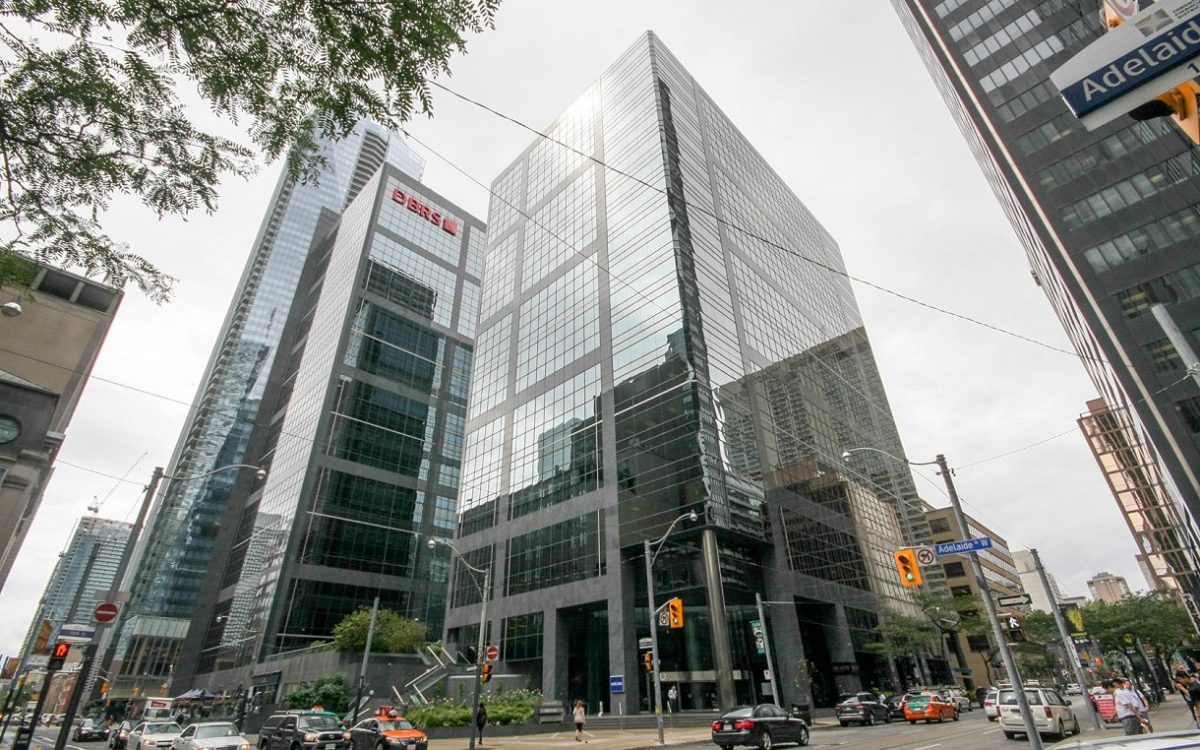The claimant appealed the Tribunal’s decision that he was not entitled to a special award in relation to housing benefits following the insurer’s concession just prior to the hearing. The claimant had sustained a catastrophic impairment and required 24-hour care. He sought accessible housing, which was denied by the insurer. He then sought a rental, which was also denied by the insurer. The insurer reconsidered its position and approved the benefits shortly prior to the hearing. The matter proceeded solely on the issue of a special award. The Tribunal decided that an award was appropriate for some of the other disputed benefits, but not the housing benefits. The reason for not granting a special award on the housing benefits because there was no evidence before the Tribunal regarding the value of the renovations that would be required to accommodate the claimant’s needs. The Court held that the Tribunal erred in its application of s.10 by assuming that evidence was needed to adjudicate the housing benefits before a special award could be granted. Where an amount has been agreed upon, as it was in this case when the insurer agreed to pay the benefit, the claimant was not required to prove the amount of his entitlement for the Tribunal to make a special award.










